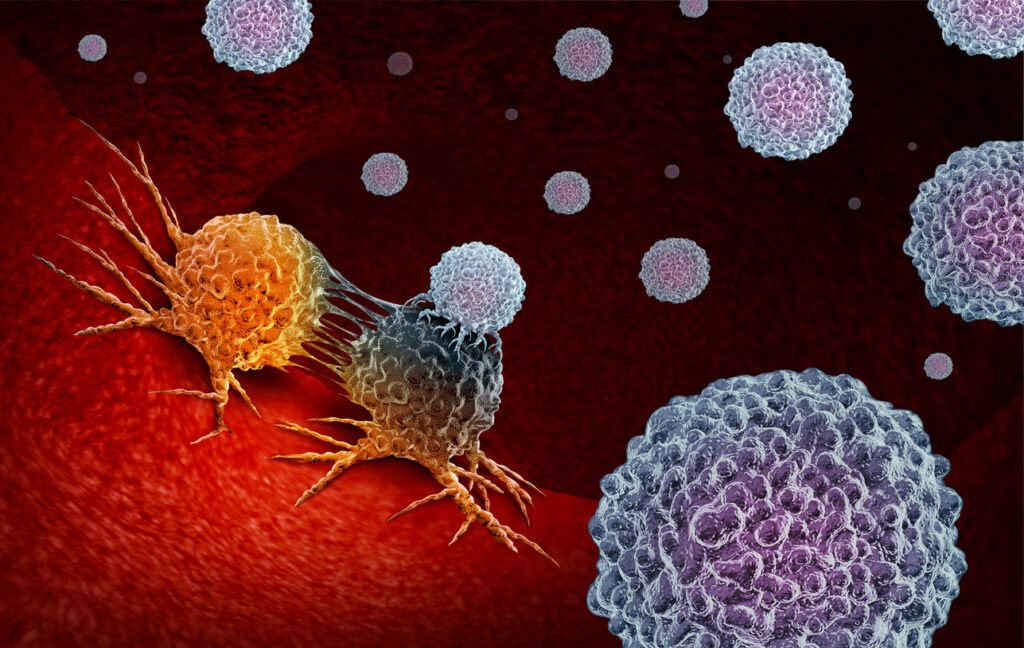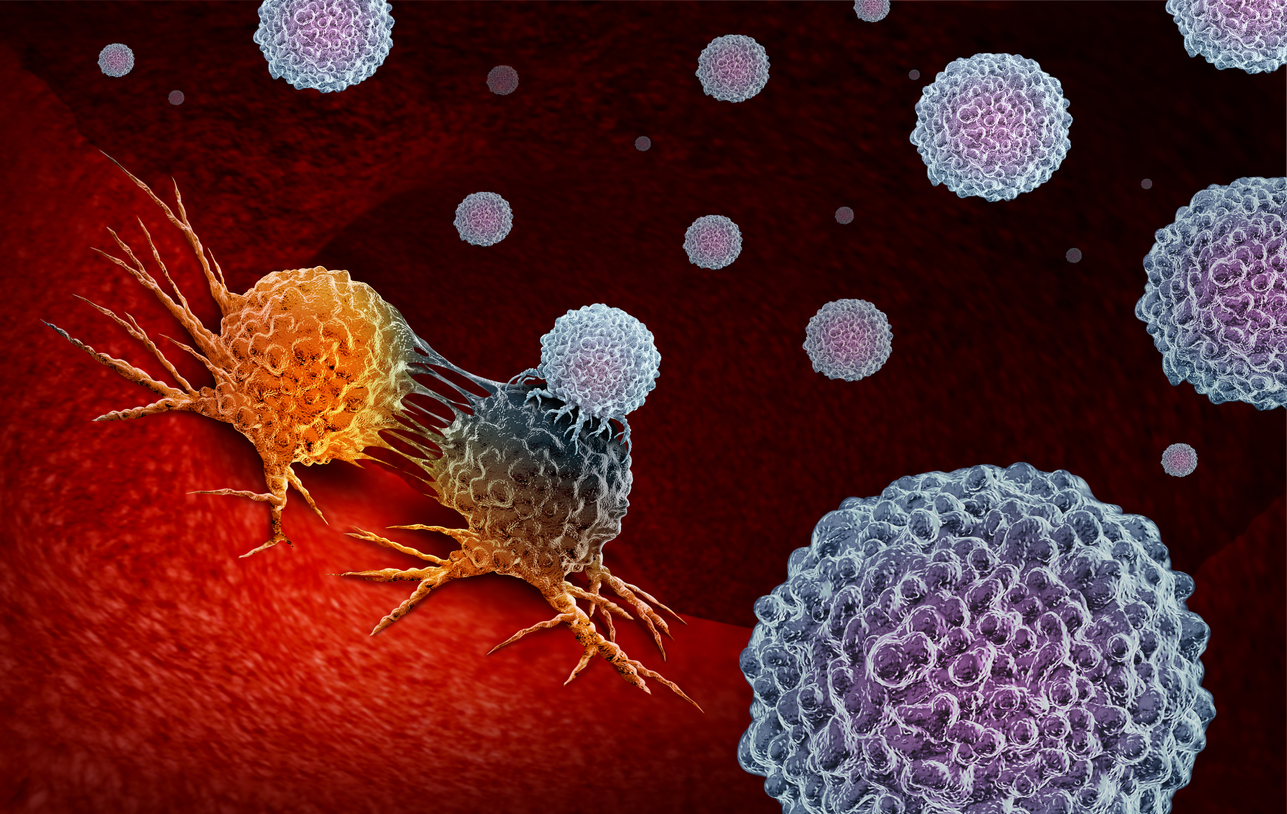A new study has shown that cancer was far less prevalent in pre-industrial times due to a variety of factors ranging from contaminants to diet.
With the publication of a new study on cancer incidence in medieval England, the Chad Feudal Peasant has yet another reason to dab on his modern-day wagie virgin nemesis. (Ed: Ahem!) The study adds yet further to our understanding of just how much of a disaster industrial society and its consequences have been for man. (Ed: AHEM!!!)
Cancer on The Rise

A new study in the journal Cancer suggests that cancer incidence in medieval England was about 25% of what it is today. The scientists examined 143 medieval skeletons using sophisticated medical techniques to reach their conclusion.
The skeletons were taken from cemeteries in the Cambridge area and dated between the sixth and sixteenth centuries, well before the advent of industrialisation in Britain, which is usually dated at its earliest to around the beginning of the nineteenth century.
Previously, researchers had only been able to guess how common cancer was before industrialisation and the widespread exposure of ordinary people to industrial chemicals, many of which are carcinogenic. Although it seemed an obvious inference that cancer was probably less common in the Middle Ages, this new study is the first to provide hard data. It was already known, for instance, that ‘the lifetime risk of developing cancer for those born in 1930 in Britain was 38.5% in men and 36.7% in women… [whereas] the risk for those born in 1960 was 53.5% in men and 47.5% in women,’ but the results of the new study revealed a far more shocking disparity between medieval times and today.
(A) Photograph of a lytic lesion from metastasis in the vertebral body of PSN796, a middle‐aged to elderly male. (B) Computed tomography (CT) showing a round lytic lesion from metastasis in the body of a thoracic vertebra of PSN599, a male with likely multiple myeloma. (C) CT showing a round lytic lesion from metastasis in the pelvis of PSN737, an elderly male.
Radiography and tomography were used to identify the presence of malignant lesions in the bones at the time of death. Of the 143 skeletons analysed, only 3.5% had evidence of such lesions, suggesting a minimum prevalence of cancer at death among adults of between 9% and 14%. By comparison, in modern Britain, 40% to 50% of adults have cancer at death.
The authors are quick to point out that, although the difference is likely to be due in large part to increased exposure to carcinogens, industrial pollutants and viruses that trigger cancer such as HPV, another cause is simply the greater life expectancy modern people enjoy, which gives them a longer time to develop cancer.
Even if the study doesn’t show in a totally unambiguous way that life in the Middle Ages was better than today, it does draw our attention back to a fact whose dreadful consequences are becoming clearer by the day: the environment in which we live is becoming more and more toxic.
Professor Shanna Swan. Her new book Count Down, on the fertility crisis, is out now.
Recently, we wrote about a shocking new prediction that by 2045 almost all men could be infertile. Professor Shanna Swan, a fertility expert, has warned that the increasing ubiquity of xenoestrogenic chemicals – industrial chemicals that mimic the effects of the hormone estrogen in the human body – are wreaking havoc with our bodies, feminising men and also causing significant problems for women as well. Should such a situation come to pass, humans might be unable to reproduce without medical intervention.
Microplastics
Microplastics, carriers of xenoestrogenic chemicals like BPA and pthalates, are now so ubiquitous that they have become a force of nature in their own right, circulating around the planet on oceanic and air currents. Nowhere appears to be safe, whether humans have ever been there or not.
Here at Herculean Strength we believe nothing is inevitable. What we advocate is a targeted approach that reduces our exposure to endocrine-disrupting substances, whether industrial or natural, as much as possible, and encourages a healthy, active lifestyle and diet that maximises natural testosterone production — and, in turn, boosting male fertility.
We’ve already devoted a series of articles to the dreadful effects of low testosterone, including its effects on mental health; the industrial compounds such as xenoestrogens and microplastics that are disrupting our hormones; foods that will boost your testosterone and foods that will lower it; and testosterone-boosting natural compounds. These articles, which include practical guidance on how to rebalance your hormones and optimise your masculinity, will serve as the basis for a full book on the subject, which we have tentatively named Reclaim Your Masculinity.Click HERE to download our new FREE ebook on Testosterone, which contains all of our articles on testosterone in a single highly attractive package.












